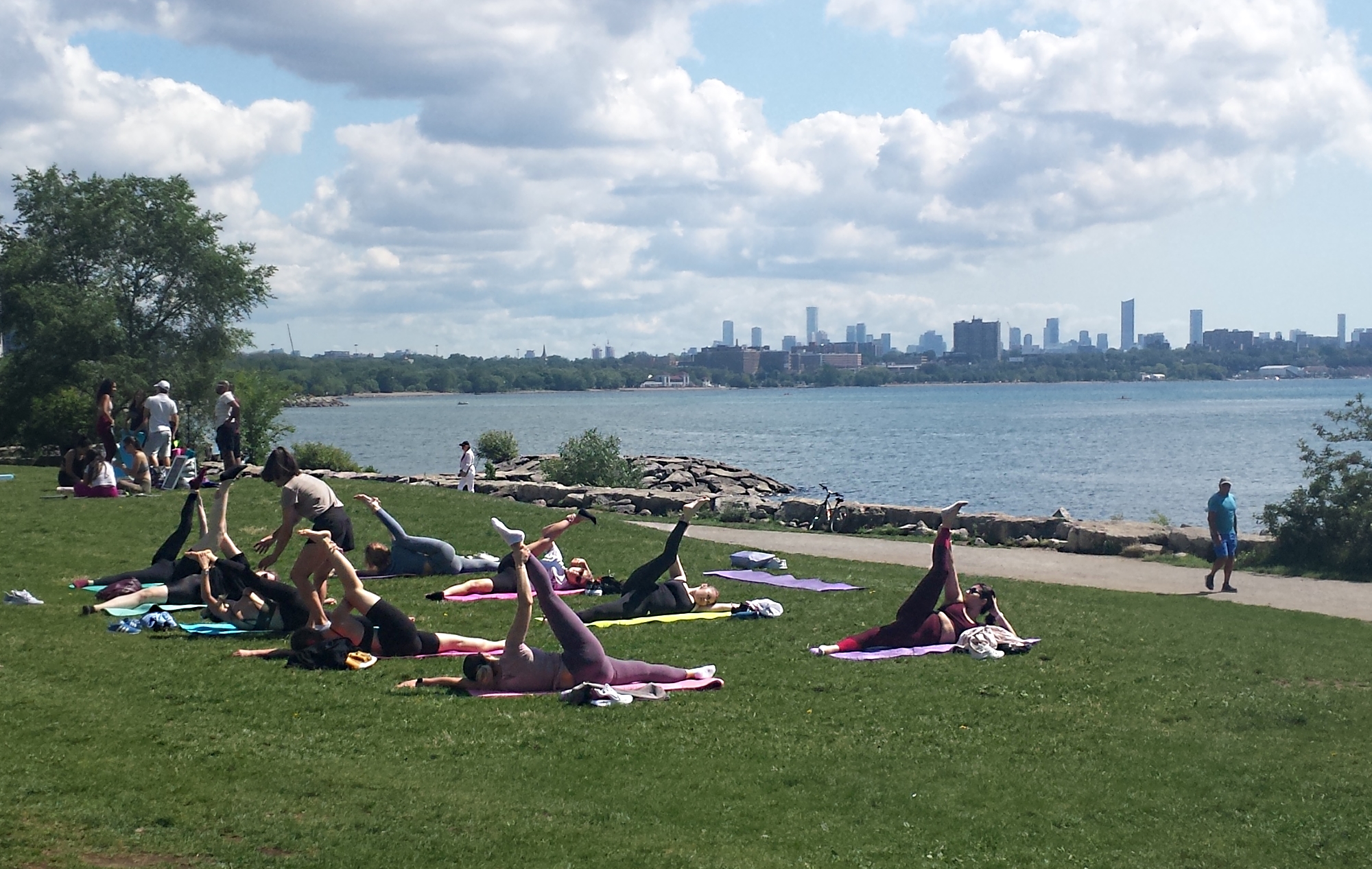
Everyone experiences occasional feelings of dizziness or disorientation, but those with persistent vertigo must face a daily battle against its debilitating symptoms. Fortunately, the latest advances in medication treatment for vertigo offer new hope and greater control over this condition.
In this blog post, we will look at the different treatments available and what each can do to help ease symptoms of vertigo. So if you've been looking for an effective option for managing vertigo, read on for more information on the latest developments in medication treatment.
1. Vestibular Rehabilitation
Vestibular rehabilitation is a specialized therapy aimed at treating vertigo, a condition that causes a person to feel dizzy and lose their balance. This therapy is designed to target the vestibular system, which is responsible for maintaining balance and spatial orientation.
A trained physical therapist will work with the patient to develop a personalized exercise program that gradually exposes them to movements and activities that provoke their vertigo. Over time, the patient's body will adapt to these movements and they will become less prone to experiencing vertigo.
Vestibular rehabilitation has been shown to be highly effective in treating vertigo and improving overall balance and coordination.
2. Motion Sickness Medication
Like motion sickness, vertigo can cause nausea and vomiting, making daily activities challenging. Fortunately, there are medications available to help alleviate symptoms. Dramamine, a motion sickness medication, is one such drug that can be used to treat vertigo.
It works by inhibiting signals to the brain that cause dizziness and nausea, providing relief for those suffering from vertigo. While there are other treatment options for vertigo, such as physical therapy or surgery, Dramamine is a viable option for those seeking immediate relief.
It's important to consult with a healthcare professional before beginning any treatment to ensure its safety and efficacy.
3. Anti-Anxiety Medication
Benzodiazepines, such as Valium and Diastat, are commonly prescribed to treat anxiety disorders. But they may also be used to reduce the severity of vertigo in some cases.
These medications work by calming the nervous system, thus reducing symptoms of dizziness or disorientation. While benzodiazepines can be effective for treating vertigo, their use should be monitored closely by a medical professional as they can cause addiction or other adverse side effects.
4. Diuretic Therapy
Acetazolamide is a type of diuretic medication that has been used to treat vertigo in some cases. This drug works by removing excess fluid from the body, which may help reduce vertigo symptoms, as excess fluid from the inner ear will also be reduced.
It's important to note that acetazolamide should only be taken under the supervision of a qualified healthcare provider, as it can cause serious side effects and should not be used indiscriminately.
5. Ginkgo Biloba
Ginkgo biloba is a widely-used natural remedy for vertigo that has been relied upon for centuries. Extracted from the leaves of the ginkgo tree, this potent herb is rich in antioxidants and has been shown to help increase blood flow throughout the body, including to the inner ear.
This is particularly important when it comes to vertigo, as the condition is often caused by poor blood flow to the inner ear. With its ability to improve blood circulation and promote healthy brain function, ginkgo biloba is a safe and effective option for anyone looking to manage their vertigo symptoms naturally.
So whether you're struggling with chronic dizziness or simply looking for a natural way to improve your overall wellness, adding ginkgo biloba supplements to your routine could be just the ticket to a healthier, happier you.
6. Other Natural Remedies
While last on this list, natural remedies tend to be the most promising, as they don’t leave patients dependent on a pill. You might be wondering if medical marijuana can help patients dealing with vertigo, and while more research is needed, there is plenty of anecdotal evidence to suggest that it may be beneficial for some. There are different types and causes of vertigo though, so it’s always a good idea to consult with your physician before starting any new medication.
Some other natural remedies include drinking enough water, getting enough sleep, and moving your body on a regular basis with activities like yoga or tai chi. Plenty of sunlight (Vitamin D) can also work wonders, depending on the severity and type of vertigo you’re experiencing. Some types of vertigo are triggered by stress —in which case, simply managing your stress can be sufficient.
Conclusion
Vertigo can be a debilitating condition, but with the right treatment plan it's possible to effectively manage symptoms and reduce the effect it has on your life. From medication to natural remedies, there are many options available that could provide relief and improve quality of life.